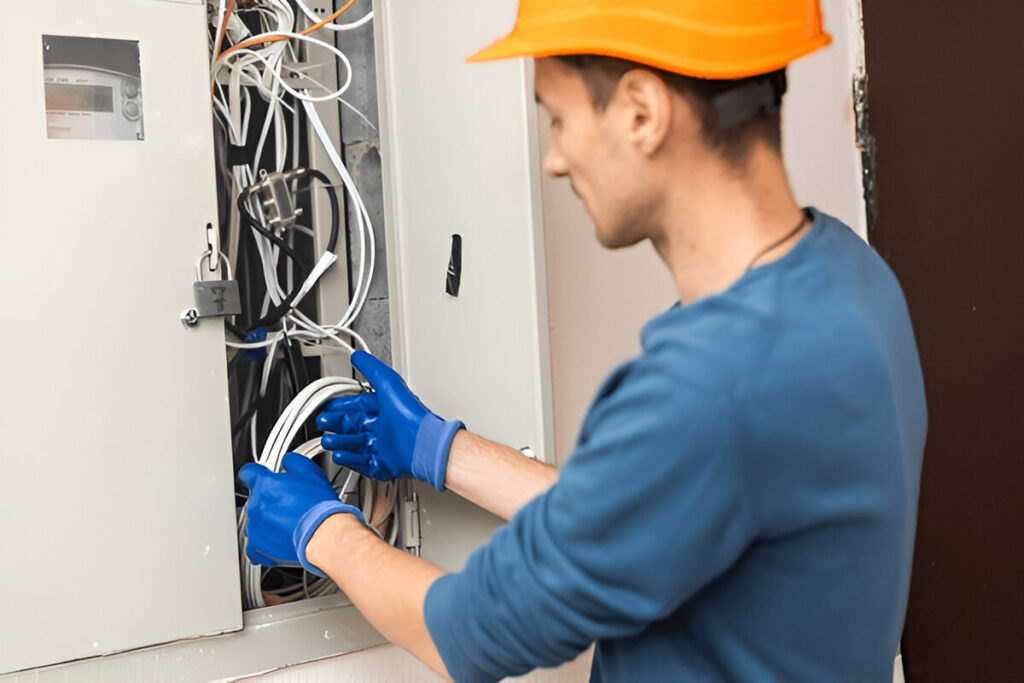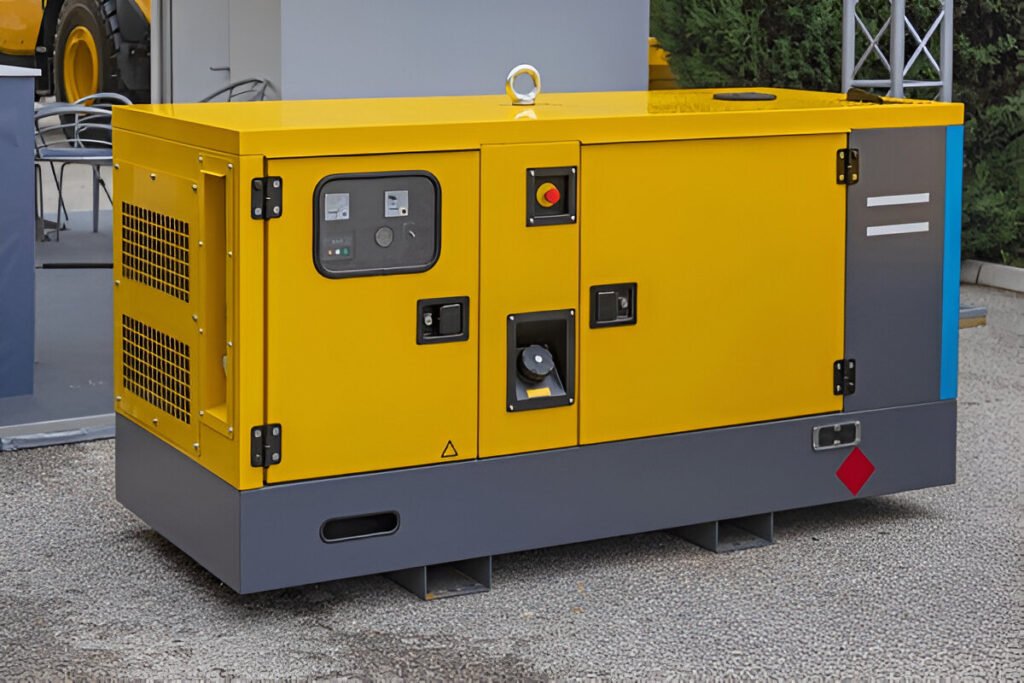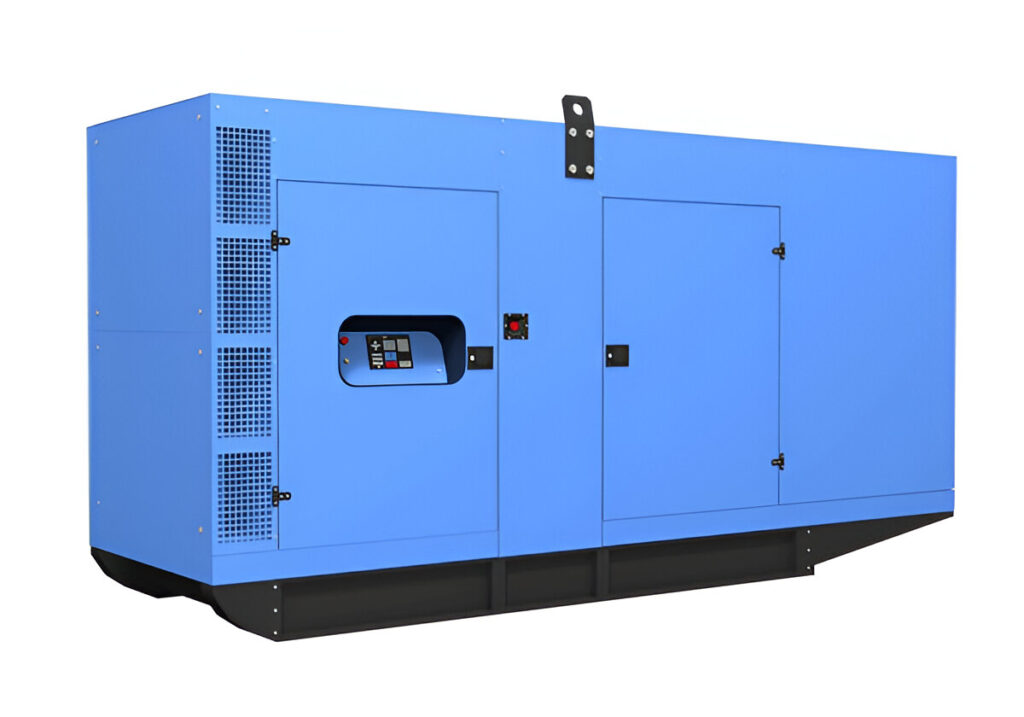Diesel generators provide a reliable power source for residential use, but their noise can be a significant issue, especially in quiet neighborhoods. Fortunately, several strategies can help reduce the noise generated by diesel-fueled generators, making them more suitable for home environments. This guide explores effective noise reduction techniques and highlights the best solutions for keeping your generator as quiet as possible.
1. Choose a Low-Noise Generator
When purchasing a generator, opt for models designed for residential use with built-in noise reduction features. Many reputable brands, such as Caterpillar Generator Company and Cummins Generator Canada, offer generators engineered to operate with lower decibel levels.
2. Install a Generator Enclosure
A high-quality generator enclosure significantly reduces noise by providing a sound barrier. Enclosures made from acoustic foam or other soundproofing materials help dampen vibrations and absorb sound waves, making the generator much quieter.
3. Use Soundproofing Materials
Applying soundproofing materials around your generator can be an effective way to minimize noise. Options include:
- Acoustic panels: Reduce sound transmission.
- Mass-loaded vinyl: Blocks noise effectively.
- Rubber padding: Minimizes vibration noise.
These materials can be used inside an enclosure or mounted on nearby walls to absorb sound.
4. Place the Generator Strategically
The location of your diesel motor generator affects noise levels. Place it as far away as possible from living spaces and neighbors. Additionally, placing it behind a barrier like a fence or a wall can help deflect sound.
5. Install an Exhaust Muffler
A high-quality muffler can significantly reduce exhaust noise, which is one of the primary sources of sound from a diesel motor generator. Consider upgrading to a residential-grade muffler for better noise reduction.
6. Use Anti-Vibration Mounts
Diesel generators create vibrations that amplify noise. Anti-vibration mounts, rubber feet, or isolation pads can help reduce these vibrations, leading to quieter operation.
7. Build a Sound Barrier
Constructing a fence or wall around your generator can help contain the noise. Using dense materials like brick, concrete, or soundproof panels enhances the effectiveness of the barrier.
8. Perform Regular Maintenance
Proper maintenance ensures that your generator operates efficiently and quietly. Key maintenance tasks include:
- Checking and tightening loose components
- Lubricating moving parts
- Cleaning or replacing air filters
- Ensuring the exhaust system is in good condition
A well-maintained used generator for sale can operate more smoothly and quietly than a neglected one.
9. Consider an Inverter Generator
If you are in the market for a new generator for sale, consider an inverter model. These generators use advanced technology to adjust the engine speed based on power demand, resulting in lower noise levels compared to traditional diesel-fueled generators.
10. Consult a Professional
If noise reduction remains a challenge, consider consulting an expert. A professional can assess your setup and recommend the best strategies for minimizing generator noise in your residential setting.
Conclusion
Reducing diesel generator noise is essential for maintaining a peaceful home environment while still enjoying reliable backup power. Whether you invest in a generator enclosure, install a muffler, or choose a quieter generator model from trusted brands like Caterpillar Generator Company and Cummins Generator Canada, these tips can make a significant difference. Explore the available options at BC Diesel Generators to find the best solutions for your home power needs.





